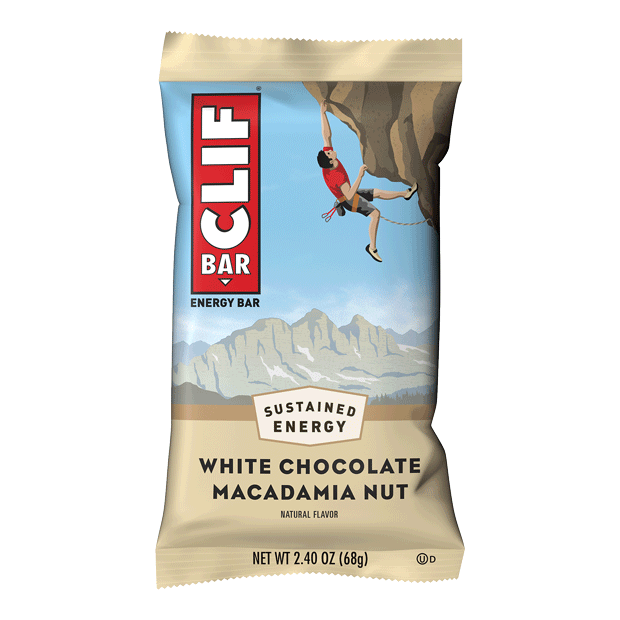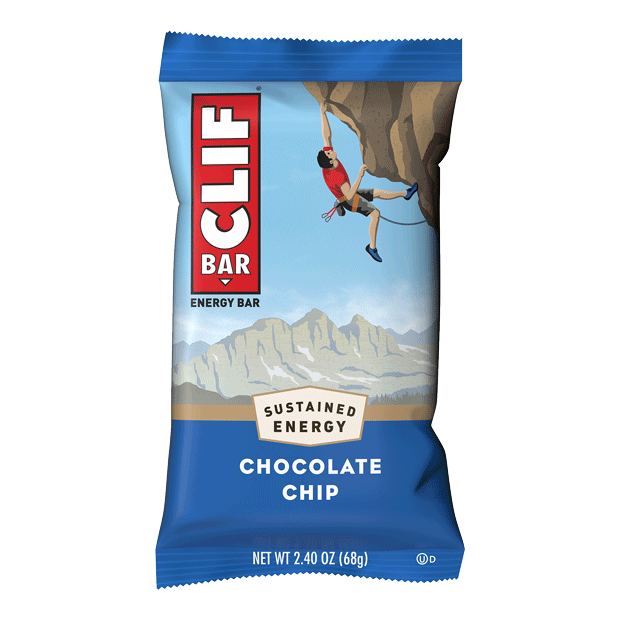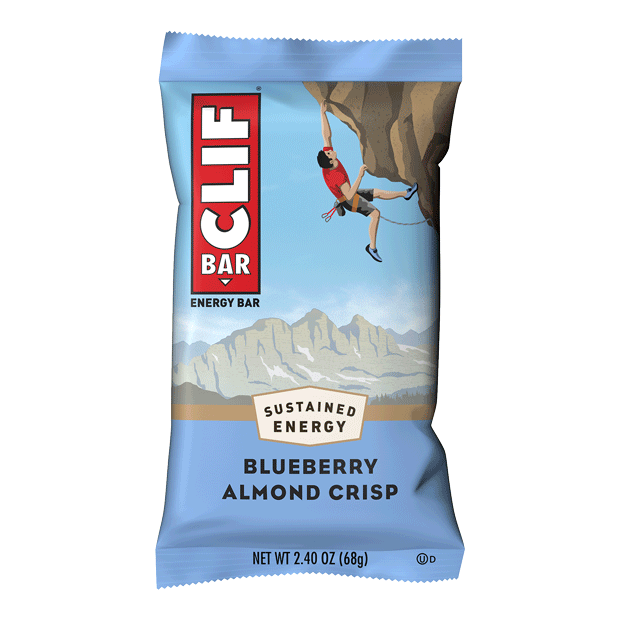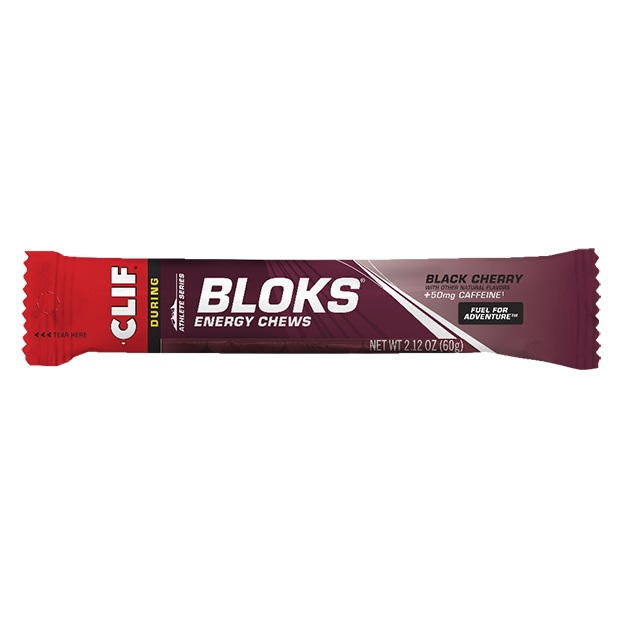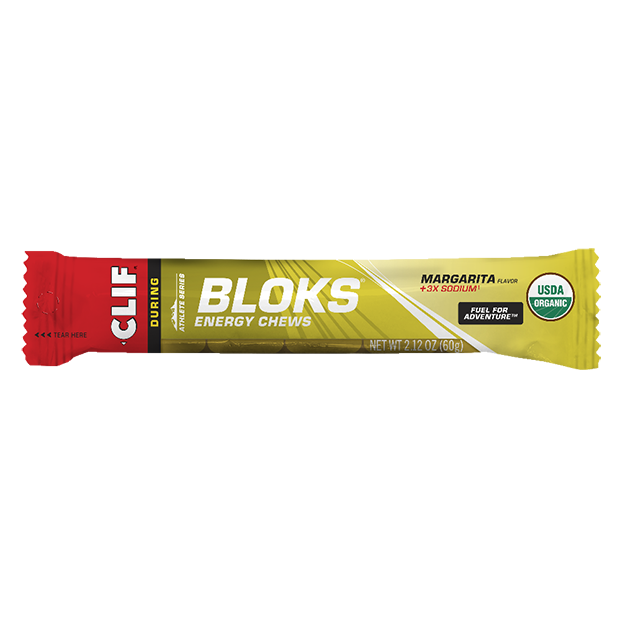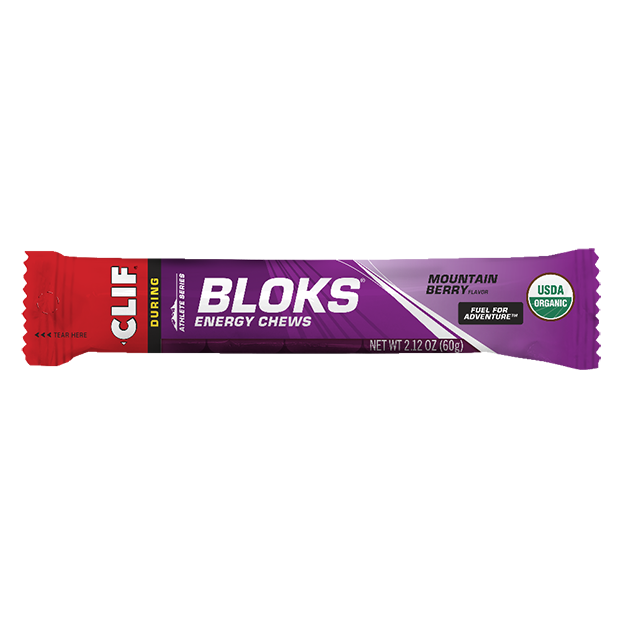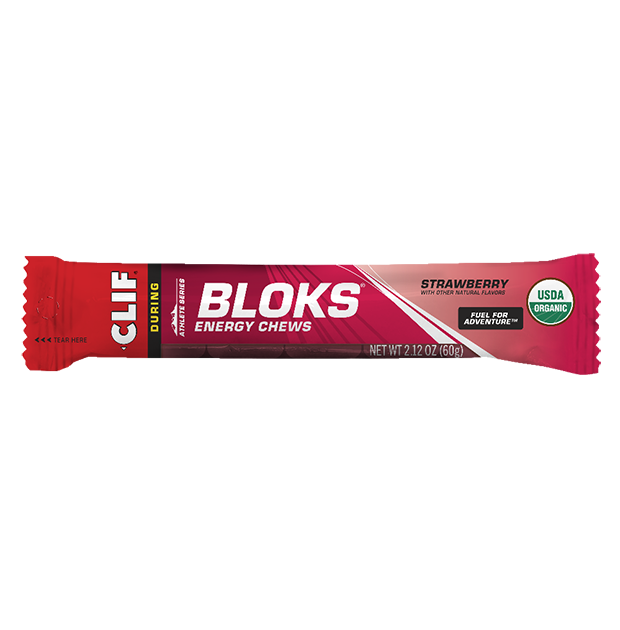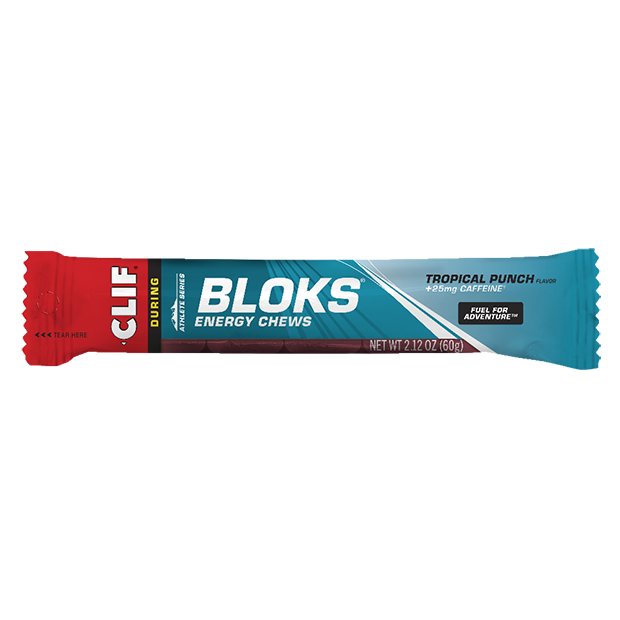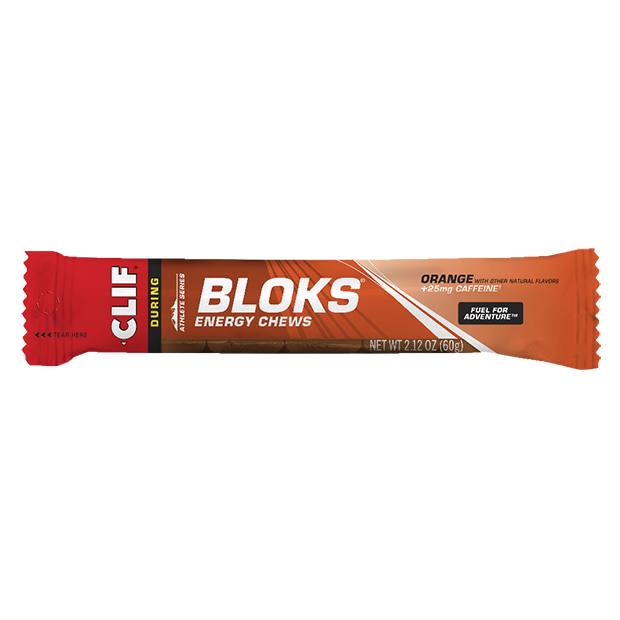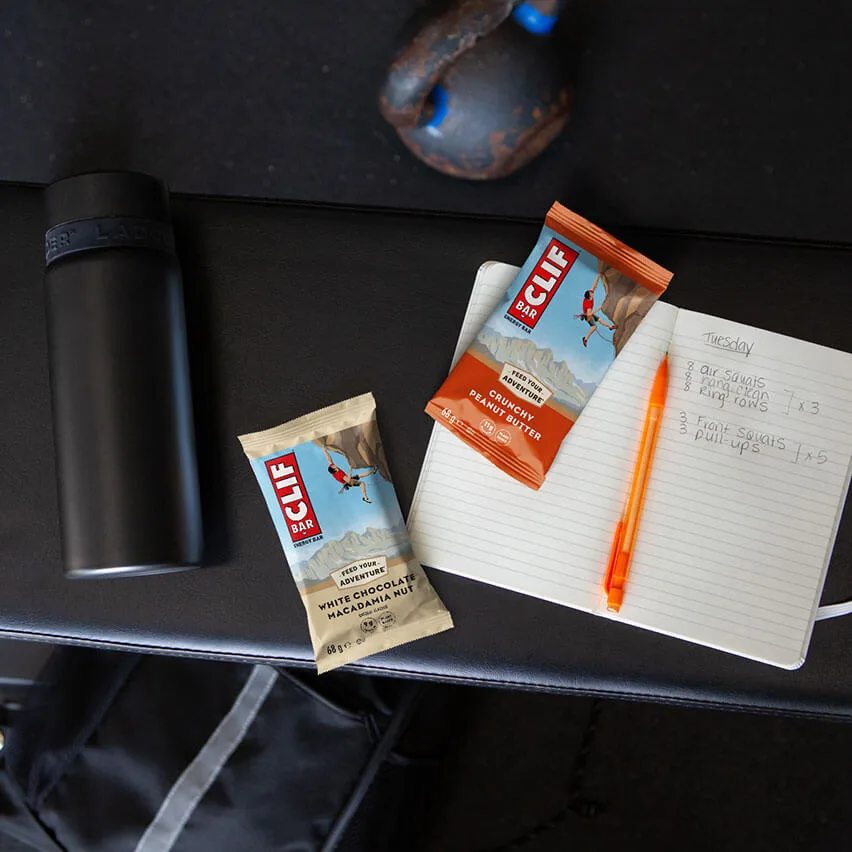The ideas and suggestions written below are provided for general educational purposes only and should not be construed as medical advice or care. Always seek advice from a doctor or other qualified professional before beginning any physical fitness or health- and nutrition-related activity.
We seem to spend much of our lives avoiding carbs—especially sugar. But the fact is, carbohydrates are absolutely critical when it comes to sports nutrition. Nipping out for a decent jog? Hitting the pitch for a full 90? Maybe something in between? Carbs are your best friend as they help fuel working muscles.
Why Do I Need Carbohydrates?
You need energy—and when exercising, lots of it—and carbohydrates are your main source.1 As an athlete, the amount you consume is key to an optimal diet.
So How Much Do I Need?
Your actual energy and carbohydrate needs depend on who you are and what you're doing. But to fuel high-intensity activity, experts suggest 6–10 grams of carbs per kilogram of body weight per day.2
What Kind of Carbohydrates Do I Need?
Intake is just part of the story—you have to consider the type of carbohydrate too. There are two primary forms: simple carbohydrates, or simple sugars, which absorb quickly to become immediately available to your muscles, making them ideal for fueling the body and enhancing performance; and complex carbohydrates, which take longer to break down for a slower release of energy.
How Can Sugar Fuel My Performance?
Your body stores carbs in its muscles as glycogen, which provides energy to fuel your exercise. But your body has limited space for storing this glycogen. It's like a car's petrol tank: Leave home with a low tank, and you risk conking out on the side of the road. Likewise, before exercise, you need to "fill up your tank"—your glycogen stores—or you, too, will conk out. (Or at the very least, the fatigue will seriously impair your performance.) So make sure you consume an adequate amount of sugar before exercising. And just like at those motorway service areas, you can top up as you go with regular intakes of carbohydrates that provide immediate energy to keep you from running low.5,6
When and How Should I Consume Sugar?
You should try to balance your carb intake. That means focusing on fibre-rich complex carbs from whole foods (such as fruit, veggies, and whole grains) during rest days and then fueling with simple carbs—sugars—when doing high-intensity activity.
- BEFORE ACTIVITY: This is when you'll fill up your energy stores. A few hours before a long, intense session, consume 1–4 grams of carbohydrate per kilogram of body weight.2
- Build a meal from foods that are mostly carbs with only moderate amounts of fibre, fat, and protein, like a CLIF BAR energy bar, accompanied by a yoghurt and juice smoothie, or cereal with skimmed milk and berries.
- DURING ACTIVITY: For exercise lasting more than an hour, you'll benefit from about 30–60 grams of carbs per hour.2
- If you're doing moderate-intensity endurance activity, look for foods that combine simple carbohydrates with smaller amounts of protein and fat.
- For high-intensity race-paced activity, like a football match or a marathon, focus on sugar and other fast-acting carbohydrates. To help meet these needs, performance foods like CLIF Shot Energy Gel or CLIF BLOKS Energy Chews contribute carbohydrates as a quick and easy source of simple carbohydrates (glucose and fructose).
- AFTER ACTIVITY: Obviously you'll want to fuel up with protein, but don't forget that carbs are important too.7, 8, 9 Within a half-hour of finishing up, have a snack that has both protein and carbohydrates. Think: a glass of chocolate milk, some trail mix, a banana with peanut butter.
What Should I Look For in Performance Food?
Whole foods are essential to everyone's diet, but they're not always practical—especially for active people needing something on the go. High-quality packaged snacks, like energy bars, can fuel your performance, but you have to choose the right products. So next time you hit the road, gym, pitch, or slopes, make sure your energy bar contains appropriate amounts of these three ingredients:
- Total Carbohydrates: As you now well know, carbs are critical for your nutrition. The best bars have at least 30 grams of carbs.
- Sugar: Fiber-rich energy bars contain complex carbs that release energy more slowly. That's fine for everyday snacks, but for exercise, look for a bar with simple carbohydrates (sugar) that absorb quickly.
- Protein and fat: Post exercise, go for bars that are rich in proteins and fats.
References
- Asker E. Jeukendrup (2008) Carbohydrate feeding during exercise, European Journal of Sport Science, 8:2, 77-86, DOI: 10.1080/17461390801918971.
- Position of the Academy of Nutrition and Dietetics, Dietitians of Canada, and the American College of Sports Medicine: Nutrition and Athletic Performance. J Acad Nutr Diet. 2016;116:501-528.
- Oostheyse T, Carstens M, Millen AM. Ingesting isomaltulose versus fructose-maltodextrin during prolonged moderate-heavy exercise increases fat oxidation but impairs gastrointestinal comfort and cycling performance. Int J Sport Nutr Exerc Metab. 2015;25:427-438.
- Baur DA et al. Slow-absorbing modified starch before and during prolonged cycling increases fat oxidation and gastrointestinal distress without changing performance. Nutrients. 2016;8(7): E392.
- Ivy JL, Lee MC, Brozinick JT, Reed MJ. Muscle glycogen storage after different amounts of carbohydrate ingestion. J Appl Physiol. 1988;65:2018-2023.
- Ormsbee MJ, Bach CW, Baur DA. Pre-exercise nutrition: the role of macronutrients, modified starches and supplements on metabolism and endurance performance. Nutrients. 2014;6(5):1782–1808. Published 2014 Apr 29. doi:10.3390/nu6051782.
- PC, Hostmark AT, Vaage O, Kardel KR, Maehlum S. Effect of different post-exercise sugar diets on the rate of muscle glycogen synthesis. Med Sci Sports Exerc. 1987;19:491-6.
- Kerksick CM, Arent S, Schoenfeld BJ, et al. International society of sports nutrition position stand: nutrient timing. J Int Soc Sports Nutr. 2017;14:33. Published 2017 Aug 29. doi:10.1186/s12970-017-0189-4.
- Trommelen J, et al. Fructose coingestion does not accelerate postexercise muscle glycogen repletion. Med Sci Sports Exerc. 2016;48(5):907-12.
